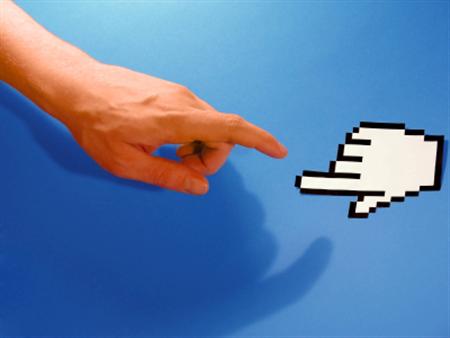Sunday, February 26, 2012
Open Theme
Looking back on what I"ve posted for this class, I discovered two things:
1) I don't post often enough.
2) I like playing the devils advocate. I didn't post as much as I would've liked on certain topics, especially on those discussed in class, but there is usually polarized opinions, and I enjoy arguing against both. For example, crime- it's bad right? I would argue it's not! It does a lot of good for society! What about pirating things online, that's got to be illegal- maybe, but it's still good for society! It's the forerunner of an open-information society! It's laying down the framework for an open internet.
If I had to pick a theme of my blog, or more appropriately, the focus of my thoughts over this class, I would say the theme was progression. That might seem like a kind of lame theme, so here's that theme in tweethis form (all 140 characters of it):
As technology progresses it separates itself from physical boundaries, and society will follow.
The physical world is pretty limited. Like the commonly shared apple example, if two people have two apples and trade, they still have 1 apple a piece. However, information is completely different. If two people have two ideas and trade, then each has both. Because of the limited resources, a large portion of society has been fighting over who gets which apples. The first development of written language was to keep track of who gets what in trading. Ever since Pax Romana, there has been near continuous wars over control and resources. Alexander the Great, Ghengis Khan, the crusades, and the list could go on forever. In "Ghost Map", it actually describes the clear boundaries in society, and the house where Karl Marx developed his ideas on a stateless, classless society. As communication mediums became more common, people became more educated about the state of their societies and people demanded change. People in America read newspapers and books like "The Jungle", and demanded workers rights. People in Japan and China caught wind of the technological advances and wanted to open up their countries to the rest of the world. As people world wide became informational equals, they demanded physical equality as well.
Fastforward to today, with our global economy and a worldwide network of free-flowing information. Today, ideas and media can be reduplicated nearly infinitely, limited only by the ever decreasing price of memory and other hardware. It's my humble opinion that a cultural revolution is slowly transforming our society before our eyes. Thanks to technology's convenience and open projects like Wikipedia and Creative-Commons, the digital world doesn't care where you're from or who you are- it's all content based. As long as you have access to a computer, nobody cares how much you make, who your parents are, or where you went to school. The only thing that matters is what you can put out, be it code, articles, ideas, or media. Movements like Uncollege.org, 3D-Printers, and Freeware push to create an open society, and technology is the medium through which it will be born.
So that's a short summary of how I feel about all this technology stuff! To sum it all up for those who skimmed to the bottom: Technology allows people to break out of geographical, economic, and class boundaries. This will change the structure of society, and who knows? Maybe we'll even have open source cars someday.
Subscribe to:
Post Comments (Atom)

No comments:
Post a Comment